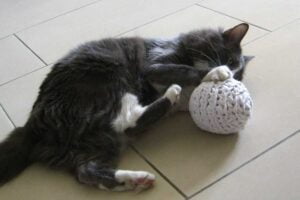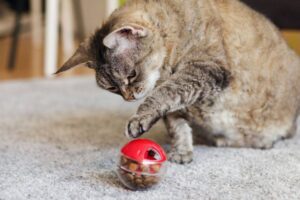The Surprising Truth About the Side Effects of Catnip
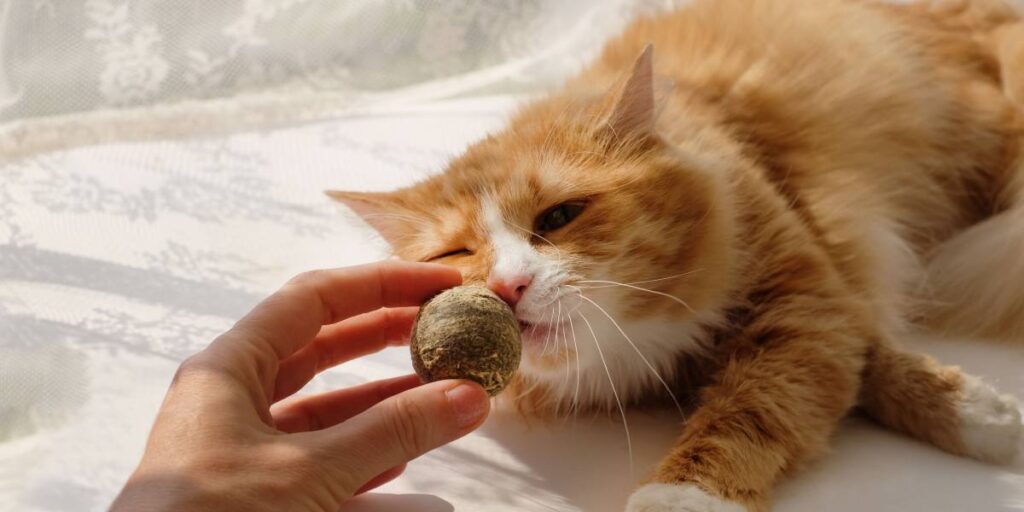
Cat owners often use the popular herb catnip to enhance playtime and create a relaxing environment for their cats. But, did you know that catnip can also have some negative side effects on cats? In this article, we will explore the surprising truth about the side effects of catnip on cats. Including how you can keep your feline friends safe while still enjoying the benefits of this popular herb.
What is Catnip?

People widely use the herb “Nepeta cataria”, commonly known as Catnip, to stimulate the senses of cats. When a cat inhales the scent of catnip, it releases a chemical called nepetalactone. This has a relaxing and euphoric effect on cats. This is why, cat owners use catnip as a natural remedy for their cats’ anxiety, stress, and boredom.
Cats have a unique organ called the vomeronasal gland located in the roof of their mouth. This helps transport scents from the nose and mouth to the brain. Nepetalactone, an oil found in the leaves of catnip plants, can cause behavioral changes in cats when they smell it.
This substance mimics feline sex hormones and can result in affectionate, relaxed, and happy behaviors. However it can also make them playful or sometimes even aggressive. For cats that react positively to catnip, it can help reduce stress and alleviate pain. Some vets suggest using catnip to alleviate separation anxiety for cats left alone for extended periods.
Side Effects of Catnip
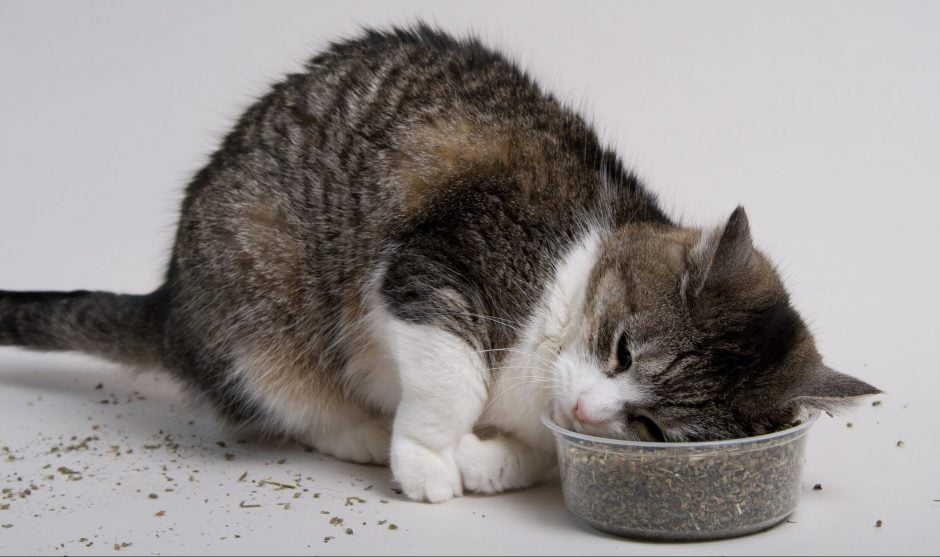
As much as catnip can have positive effects on cats, it can also have some negative side effects that pet owners should be aware of. These side effects can include:
Overdose
One of the most common side effects of catnip on cats is an overdose. Just like any other drug, too much of catnip can have negative effects on a cat’s health. When a cat ingests too much catnip, it can lead to digestive problems, vomiting, and diarrhea. Additionally, an overdose of catnip can also cause your cat to become aggressive or have difficulty walking.
To avoid an overdose, it is important to limit the amount of catnip you give your cat. A small pinch of catnip is all your cat needs to feel its effects. If you are giving your cat catnip in the form of a toy, make sure to replace the toy regularly to avoid overuse.
Allergic Reactions
Another side effect of catnip on cats is an allergic reaction. Some cats may be allergic to the nepetalactone in catnip, which can cause skin irritation, itching, and redness. In severe cases, an allergic reaction to catnip can lead to anaphylaxis, which is a life-threatening condition that requires immediate veterinary care.
If you suspect that your cat is having an allergic reaction to catnip, it is important to remove the catnip immediately and seek veterinary care. Your veterinarian will be able to diagnose the cause of the allergic reaction and recommend the appropriate treatment.
Loss of Sensitivity
A surprising side effect of catnip on cats is that it can lead to a loss of sensitivity over time. Regular exposure to catnip can lead to a decrease in a cat’s sensitivity to the herb, reducing its effectiveness. It is advisable to limit the exposure of your cat to catnip and give them a break from it every few weeks to prevent decreased sensitivity to the herb.
Loss of Appetite
Another side effect of catnip on cats is a loss of appetite. Exposure to catnip may cause some cats to lose their appetite, resulting in weight loss and other health issues. Remove the catnip and seek veterinary care if you notice that your cat has stopped eating after being exposed to it.
What Not to Do With Catnip
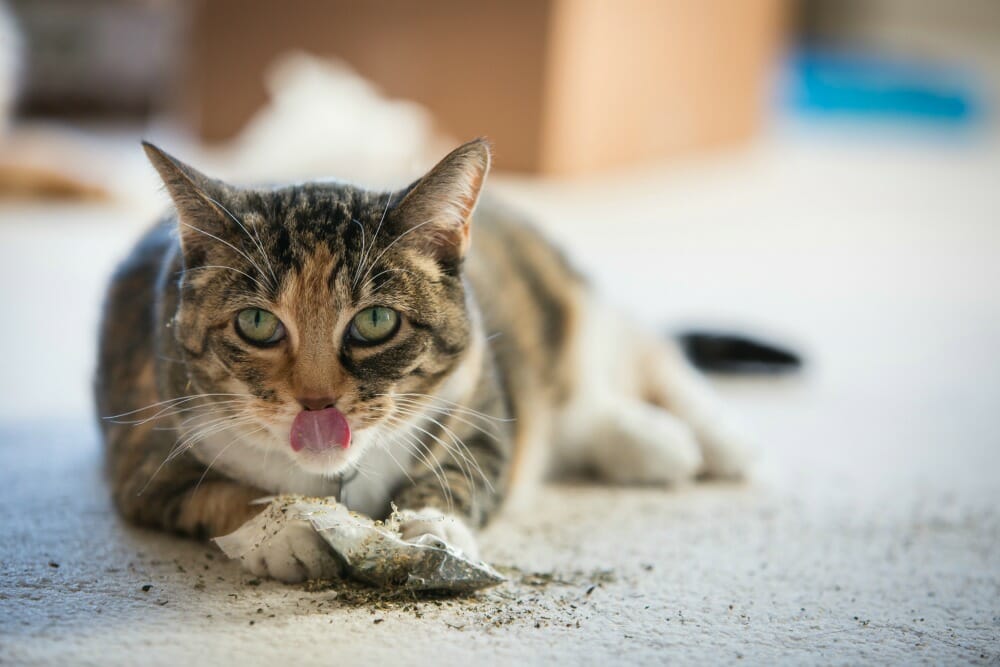
Here are some tips you should be aware of before you begin using catnip for your cat.
Avoid Stimulating Aggressive Cats with Catnip
In the feline community, some cats can have a tendency to be bullies. When exposed to catnip, these types of cats may become grumpier and display more aggressive behavior. Experts, warn that catnip can make cats feel like they can get away with anything, as it drops their inhibitions temporarily.
Too Much Catnip Can Backfire
While catnip can be a fun and exciting experience for cats, overindulging can lead to crankiness or even nausea. Thankfully, catnip is completely non-toxic and won’t result in any harm to your cat even if ingested. If you suspect your cat has had too much, simply remove the catnip or toy and they will return to normal in no time.
Not Every Cat is Affected, Don’t Waste Time and Money
Around 20% of cats do not show any interest in catnip, and young kittens below 8 weeks old and senior cats are less likely to react to it. Before investing in catnip related products, test your cat’s reaction to see if they are affected.
Factors to Keep in Mind Before Purchasing Catnip
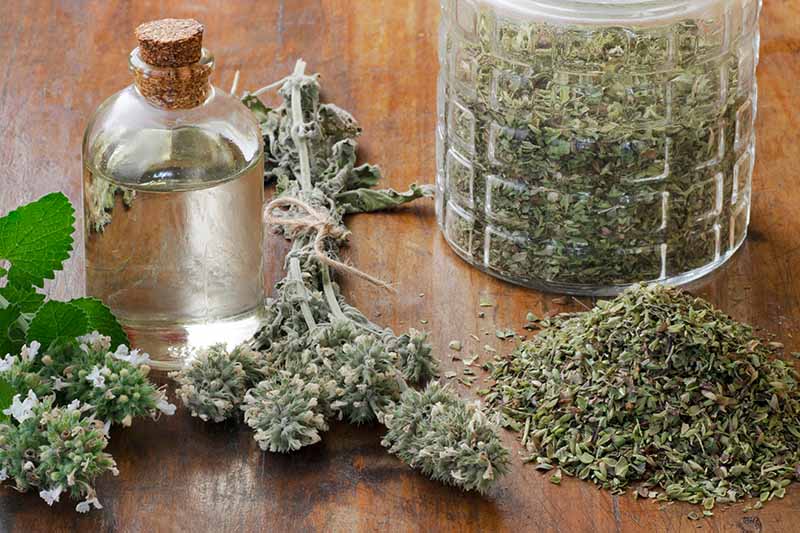
It’s important to choose wisely when shopping for catnip products for your furry friend. Here are a few things to consider:
Source of Catnip: Opt for catnip products that have been certified organic by the USDA, as these are safer for your cat and free from harmful pesticides.
Freshness Matters: The potency of catnip is largely influenced by its freshness. To ensure you’re getting the best quality, buy from a pet store with a high turnover rate.
Proper Storage: To preserve the freshness of your catnip, store it in an airtight container and freeze-dry it.
By taking these simple steps, you can ensure that your cat has an enjoyable and positive experience with catnip-infused toys and products.
Conclusion
In conclusion, while catnip can be a great way to stimulate the senses of cats and provide them with a relaxing environment, it is important to be aware of the potential side effects and take necessary precautions when purchasing catnip products.
Be sure to choose catnip products that are USDA-certified organic, fresh, and stored properly. Avoid giving catnip to aggressive cats, as well as giving too much catnip to a single cat, as this can lead to negative behavior and health problems.
Additionally, not all cats are attracted to catnip, so it is important to test your cat’s reaction to it before investing in catnip-infused products. By taking these factors into consideration, you can ensure that your cat has a positive and safe experience with catnip.

